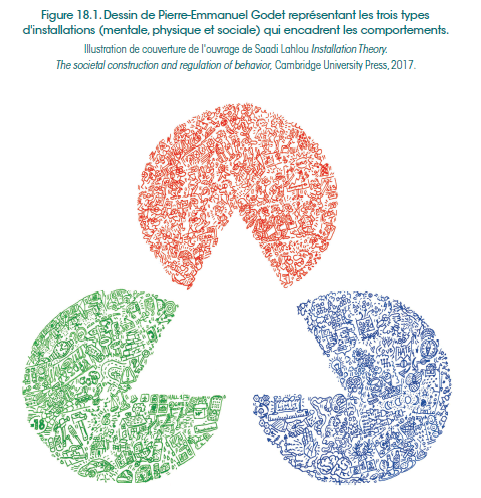
The term Consumer-Actor refers to a modern consumer who actively engages in their consumption choices, thus influencing not only the market but also the practices of businesses. To fully understand this concept, it is crucial to analyze its motivations, behaviors, and the impact of their actions on the market and the environment. This article explores the various dimensions of the Consumer-Actor’s role, from the factors that influence their decisions to the economic and societal implications of their choices.
Table des matières
ToggleEvolution from Consumer to Consumer-Actor
The transition from the traditional consumer to the Consumer-Actor is marked by increased awareness and broader access to information. With the rise of digital technology and easy access to data, today’s consumers want to understand manufacturing processes, product origins, and business practices. This transformation is also driven by growing concerns about sustainability and ethics.
Consumers are no longer content to choose from available options; they seek to directly influence how these products are made and marketed. This evolution is manifested in concrete actions such as supporting local businesses, purchasing organic and ethical products, and actively participating in collaborative consumption initiatives.
The Motivations of the Consumer-Actor
The Consumer-Actor is often motivated by personal values that go beyond mere material needs. Among these values are environmental responsibility, ethics, quality of life, and collective well-being. These motivations translate into conscious and thoughtful purchases, where the origin of products, working conditions, and ecological footprint play a crucial role.
Furthermore, the notion of transparency is crucial for the Consumer-Actor. Companies that communicate openly and honestly about their business and industrial practices tend to gain the trust of these discerning consumers. This relationship of trust is often a key factor in the purchasing decision process.
The Economic and Social Impacts
The influence of the Consumer-Actor is felt on several fronts. Economically, businesses are increasingly required to adapt their processes and products in response to this new demand. This can lead to major changes in supply chains, product innovation, and even business strategy. By choosing local products or those from short supply chains, Consumer-Actors also encourage regional economies and contribute to reducing carbon emissions related to the transportation of goods.
On the social front, the Consumer-Actor actively participates in promoting a more fair and sustainable trade. By supporting initiatives such as fair trade or socially responsible businesses, these consumers help create more inclusive and responsible economic models. The collective action of Consumer-Actors can also lead to legislative changes, influencing regulators to impose stricter standards regarding sustainability and ethics.
The Challenges and Opportunities for Businesses
For businesses, the emergence of the Consumer-Actor represents both a challenge and an opportunity. The primary challenge lies in the rapid adaptation to these new requirements regarding transparency, sustainability, and ethics. This may require significant investments in research and development, reskilling supply chains, and communication.
However, the opportunities are also plentiful. Companies that effectively meet the expectations of Consumer-Actors can not only enhance their reputation and relationship with their customers but also access new markets and consumer segments. With well-thought-out strategies, these companies can position themselves as leaders in sustainability and innovation, paving the way for strategic partnerships and responsible investments.
How Consumer-Actors Shape the Future
Consumer-Actors play a major role in defining future market trends. By influencing business practices and promoting more responsible consumption patterns, they contribute to the creation of a more sustainable and balanced economic environment. Their power of choice and communication, amplified by social networks and content sharing platforms, raises awareness among a wide audience and mobilizes communities around common goals.
As more consumers adopt this active posture, the movement gains in scope and impact. Businesses, governments, and other stakeholders will increasingly be called upon to meet these expectations, thus shaping a future where consumption and production align with the values of sustainability, ethics, and social responsibility.





